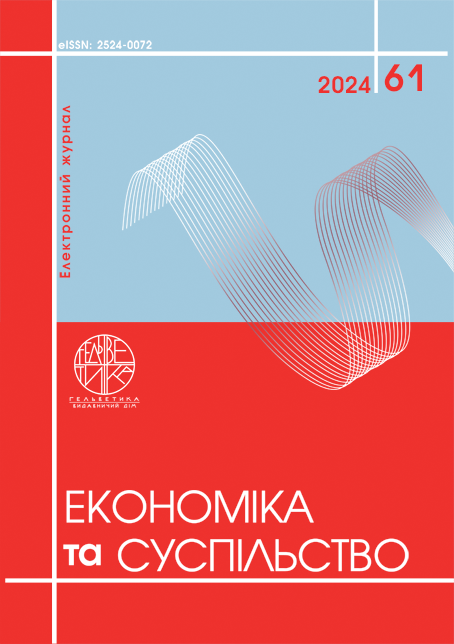ЕВОЛЮЦІЯ УПРАВЛІННЯ ЯК ПРАКТИЧНОЇ ДІЯЛЬНОСТІ У СТАРОДАВНЬОМУ СВІТІ ТА ВПЛИВ НА СТАНОВЛЕННЯ МЕНЕДЖМЕНТУ ЯК НАУКИ
Анотація
Стаття присвячена питанню еволюції управління як практики. Автором узагальнено основні положення реалізації управлінських процесів у країнах Стародавнього Світу: Стародавньому Єгипті, Вавилоні, Стародавній Індії, Стародавньому Китаї, Стародавній Греції, Стародавньому Римі. Основою для аналізу стали ключові праці даних країн, які дійшли до нашого часу: «Повчання Птаххотепа» (Стародавній Єгипет), «Кодекс Хаммурапі» (Вавилон), «Артхашастра» (Стародавня Індія), «Дао-Де-Цзин», «Лунь Юй» (Стародавній Китай), «Держава», «Політика» (Стародавня Греція). Їх узагальнення дало можливість автору сформулювати ключові положення управління у Стародавньому Світі, виокремити управлінський інструментарій та взаємопов’язати їх із сучасними теоріями менеджменту. Акцентовано увагу на становленні і реалізації функцій управління у стародавньому суспільстві.
Посилання
Аристотель. Політика. Переклав з давньогрецької Олександр Кислюк. Київ : «ОСНОВИ». 2005.
Конфуцій. Бесіди і судження. Видавництво : Арій. 2022.
Крижанівський О. П. Історія стародавнього Сходу: Підручник. К. : Либідь, 2006. 592 с.
Лао-Цзи. Дао-Де-Цзин. Переклад з китайської Ян Хін-Шун та Жозеф Ліньов. 1998 р.
Платон. Держава. Переклад з давньогрецької Дзвінки Коваль. Київ. ОСНОВИ. 2000.
Fayol Henri. Administration industrielle et générale. Paris. Dunod et Pinat. 1917. 174 p.
The Teachings of Ptahhotep: The Oldest Book in the World. 2016. 74 р.
Arystotel (2005) Polityka [Politics]. Pereklav z davnyogretskoyi Oleksandr Kyslyuk. Kyiv : “OSNOVY”.
Konfutsiy (2022) Besidy i sudzhennya [Conversations and judgments]. Vydavnytstvo: Ariy.
Kryzhanivskyy O. P. (2006) Istoriya Starodavnyogo Skhodu [Ancient East History]. Pidruchnyk [the textbook]. K. : Lybid.
Lao-Tszy (1998) Dao-De-Tszyn [Tao Te Ching]. Pereklad z kytayskoyi Yan Khin-Shun and Zhozef Linyov.
Platon (2000) Derzhava [State]. Pereklad z davnyogretskoyi Dzvinky Koval. Kyiv : “OSNOVY”.
Fayol Henri (1917) Administration industrielle et générale. Paris. Dunod et Pinat.
(2016) The Teachings of Ptahhotep: The Oldest Book in the World.

Ця робота ліцензується відповідно до Creative Commons Attribution 4.0 International License.


